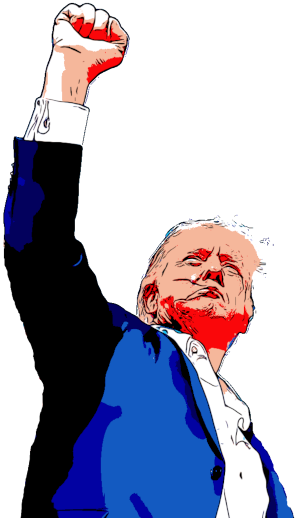Trump's High-Stakes Gulf Tour: Business and Diplomacy in Focus
President Donald Trump embarks on a crucial Middle East visit, aiming to strengthen ties and secure massive investments from Saudi Arabia, UAE, and Qatar.
President Donald Trump’s visit to the Persian Gulf this week marks a significant diplomatic and economic endeavor, targeting three key nations: Saudi Arabia, the United Arab Emirates, and Qatar. This trip, the first major foreign visit of Trump’s new term, underscores a shift from the previous administration’s policies, aiming to foster stronger business relations and strategic partnerships in the region.
Trump’s agenda includes attending the U.S.-Saudi Investment Forum in Riyadh, where discussions will focus on a broad range of investments from weapons purchases to technology transfers and artificial intelligence. Saudi Arabia has committed to $600 billion in U.S. investments, with potential commitments reaching up to $1 trillion. The UAE, on the other hand, has promised $1.4 trillion over the next decade, focusing on AI, semiconductors, and energy sectors.
Amidst these economic pursuits, the geopolitical landscape remains tense. Trump’s visit occurs against the backdrop of ongoing nuclear negotiations with Iran and the conflict between Israel and Hamas in Gaza. The U.S. aims to reassure its Middle Eastern allies of its commitment, reversing the cooling of relations experienced under former President Joe Biden.
Interestingly, Trump’s approach has sparked discussions about a possible civil nuclear program and expanded defense cooperation with Saudi Arabia. However, any progress towards normalization between Saudi Arabia and Israel seems stalled, as Riyadh insists on Palestinian statehood as a precondition.
The tour also highlights the strategic importance of Qatar, which has offered Trump the use of a royal Boeing 747-8 during his visit. Qatar’s role as a mediator and host to U.S. military bases further cements its position in U.S. foreign policy. Meanwhile, Iran, closely watching these developments, remains a concern for the region, with its ambitions viewed warily by Saudi Arabia, the UAE, and Qatar.
Trump’s visit is not just about business; it’s a statement of U.S. intentions in the Middle East, aiming to bolster alliances and navigate the complex web of regional politics.

